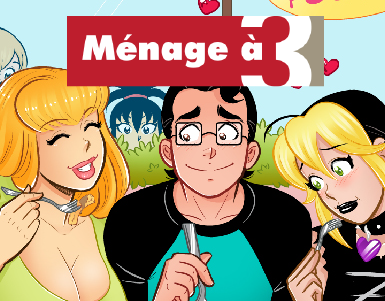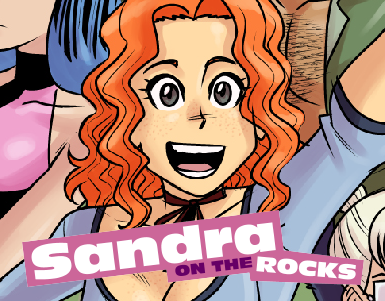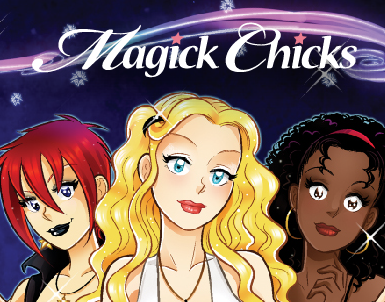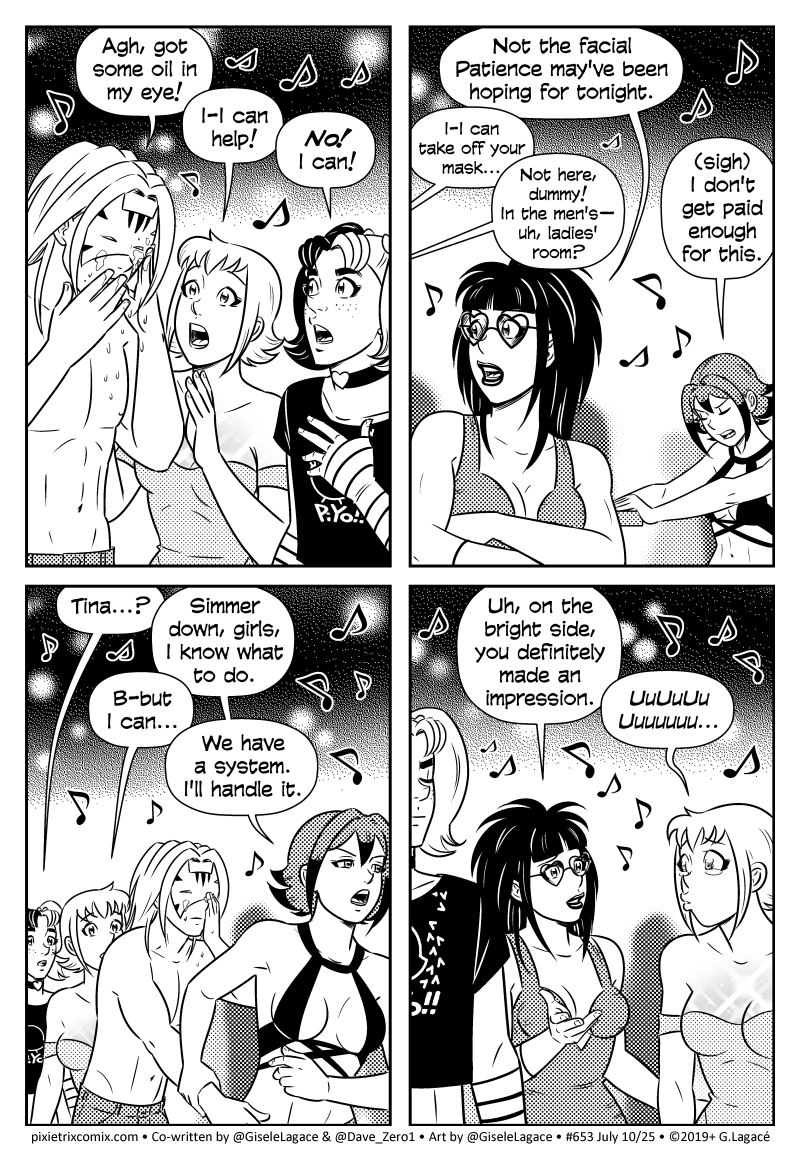Team
Creator, Co-writer & Artist
Gisele Lagace
Co-writer
David Lumsdon
Editor
T Campbell
We have a system
Posted July 10, 2025 at 6:49 am
I drew a retailer variant cover for Archie Meets Jay & Silent Bob. You can order it here. I believe the store is Canadian orders only but if you contact them on their Facebook page, they can arrange shipping outside of Canada.--Gisèle :)
Want printed books or swag? Check out our store!
We also have books available in bookstores and comic shops:
Comments













